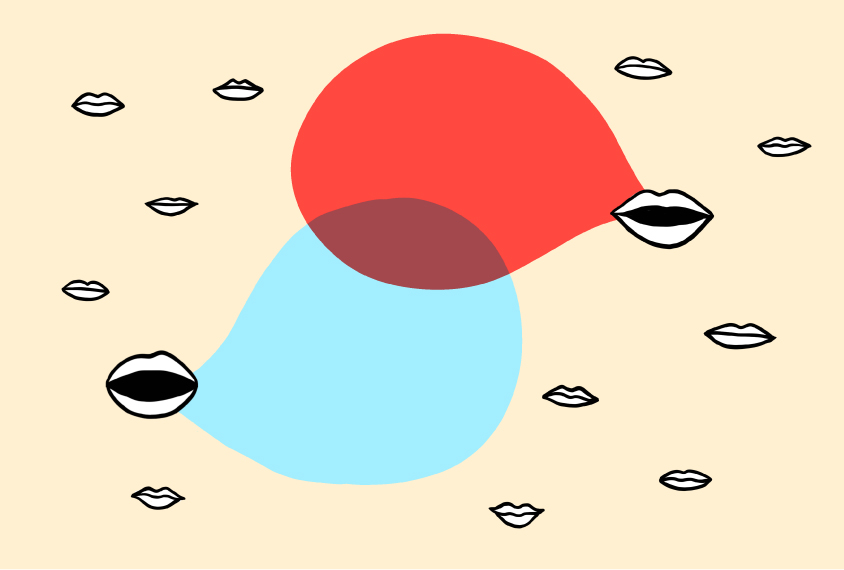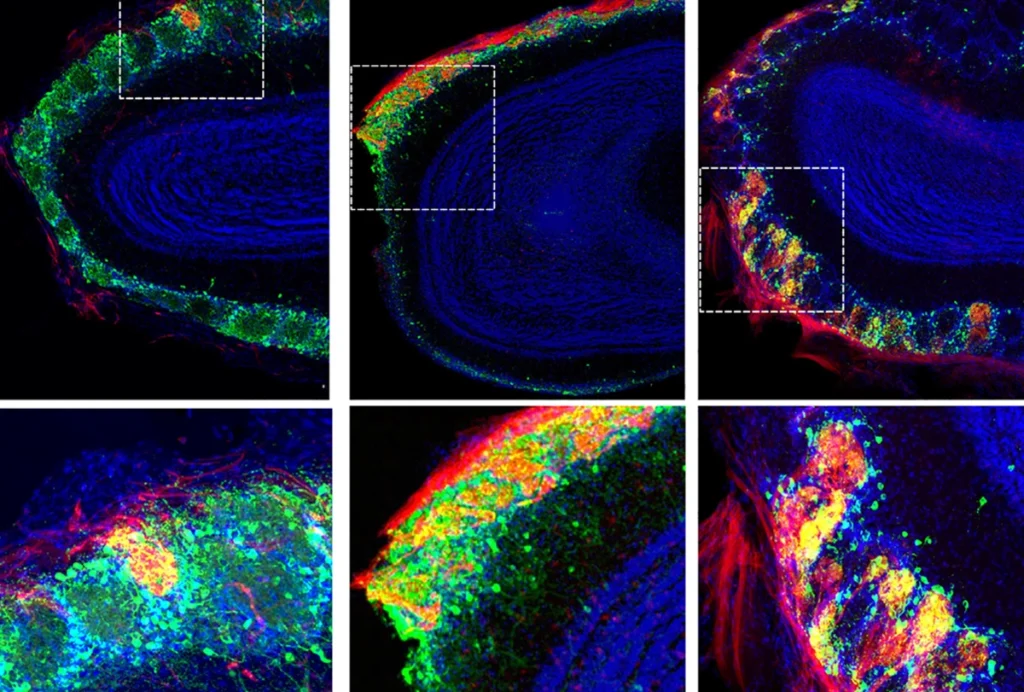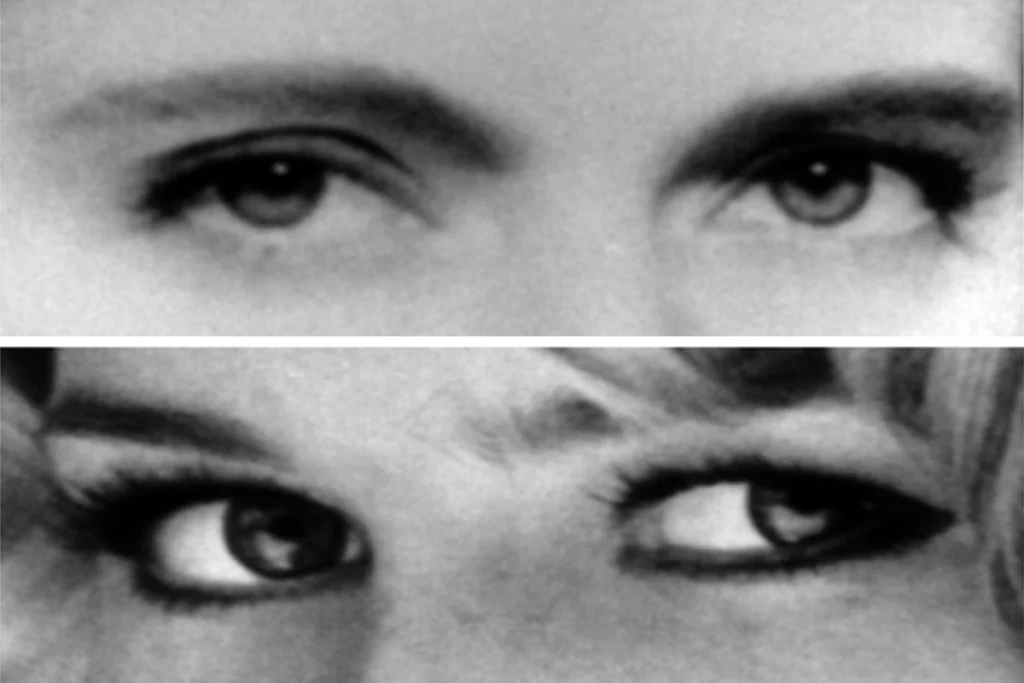Ravi Menon of Western University shared a link to his team’s preprint “No replication of direct neuronal activity-related (DIANA) fMRI in anesthetized mice,” posted on bioRxiv 29 May.
99 years of fMRI experience. A fun trans-Pacific collaboration with late night zooms. But we couldn’t reproduce DIANA fMRI. Read about our attempt here. Comments welcome! https://t.co/Ub6Mdb4sYy pic.twitter.com/1NZT7jIEsz
— Ravi Menon, FCAHS, FRSC (@northernthrux) May 30, 2023
Vince Calhoun of the Mind Research Network, Jonathan Roiser of University College London, Stephen Mayhew of Aston University and Peter Bandettini of the National Institute of Mental Health responded to Menon.
ahh, bummer. Important work. Reminds me of some of the initial dip/spatial specificity debates. 😉
— Vince Calhoun (@vdcalhoun) May 30, 2023
this is a real shame – especially for this @Nature piece on developments in MRI saying how amazing DIANA is! https://t.co/kCSubwOOfr https://t.co/qR6GMSRE3e
— Jon Roiser ???? (@jonroiser) May 30, 2023
So DIANA doesnt replicate, thats a shame. Ps. What these guys dont know about fMRI is probably not worth knowing. https://t.co/ZkMpTixGhJ
— Steve Mayhew (@stevedmayhew) May 30, 2023
Seong-Gi’s group is perhaps the best in the world to the replicate DIANA experiment, but unfortunately, the results were negative even at higher field and a more continuous anesthesia protocol. Lots of great discussion ensued between us, and we helped write a paper. https://t.co/riP2Je7rfI
— Peter Bandettini (@fMRI_today) May 30, 2023
Gilad Feldman of the University of Hong Kong posted a thread about a video, “Fallibility in science: Responding to errors in work of oneself and others | Dorothy Bishop,” posted on YouTube 31 May.
Now online:
“Fallibility in Science: Responding to Errors in Work of Oneself and Others | Dorothy Bishop”Interesting chat with Dorothy Bishop. ????
Video:https://t.co/mmBL1I6cQd
I care greatly about this topic, & am looking to collaborate with others on addressing it.
???????? https://t.co/07kgbhJMJO
— Gilad Feldman (@[email protected]) (@giladfeldman) May 31, 2023
Dorothy Bishop of the University of Oxford replied to Feldman.
important thread by @[email protected] on fallibility in science https://t.co/MBerUpyGcn
— Dorothy Bishop (@deevybee) May 31, 2023
Mac Shine of the University of Sydney posted about his team’s review paper “The impact of the human thalamus on brain-wide information processing,” published 26 May in Nature Reviews Neuroscience.
New review paper on the role of the thalamus in shaping whole-brain dynamics and how we can test these ideas with functional neuroimaging. Collaborative effort with @kaihwang12 @lauradata and @Garrett_Neuro. Out now in @NatRevNeurosci. Hope you enjoy! https://t.co/D1pqix9g2Z
— Mac Shine (@jmacshine) May 30, 2023
Daniel Hermens of the University of the Sunshine Coast replied to Shine.
Nice work @jmacshine – a thalamo-centric revival? https://t.co/tYmAX7O3Q8
— Dan Hermens (@DanHermens) May 30, 2023
Tony Charman of King’s College London and the GW4 Neurodevelopmental Neurodiversity Network commented on the research article “An observational study of individual child journeys through autism diagnostic pathways, and associated costs, in the UK National Health Service,” published 25 May in Frontiers in Rehabilitation Sciences.
Useful data on #autism diagnostic pathways in UK. Please read commissioners and clinicians: An observational study of individual child journeys through autism diagnostic pathways, and associated costs, in the UK National Health Service https://t.co/puuXtzsbuo
— Tony Charman (@TonyASDorAFC) May 31, 2023
How many hours of health professional time are required to deliver autism diagnostic assessment in the NHS, and how much does this cost? An issue of significant patient, public, and policy concern addressed in this new article, with implications discussed: https://t.co/RyPpqTMZiz
— GW4 Neurodevelopmental Neurodiversity Network (@neurodnetwork) May 30, 2023
Ming Tang of Immunitas Therapeutics shared the study “SIMBA: single-cell embedding along with features,” published 29 May in Nature Methods.
Guillaume Cabanac, creator of the Problematic Paper Screener, highlighted some potentially unreliable references in the paper “Optimizing the bus operation plan based on deep learning” on PubPeer.
Elisabeth Bik of Utrecht University noted her concerns about a figure in “Blood biomarkers in autism: Autoantibodies against neuronal and glial proteins” on PubPeer.
That’s it for this week’s Community Newsletter! We will be taking a short break next week but will return with highlights of social media chatter on 18 June. If you have any suggestions for interesting social posts you saw in the autism research sphere, feel free to send an email to [email protected].
Follow us on Facebook, Twitter (@Spectrum), Instagram and LinkedIn.


